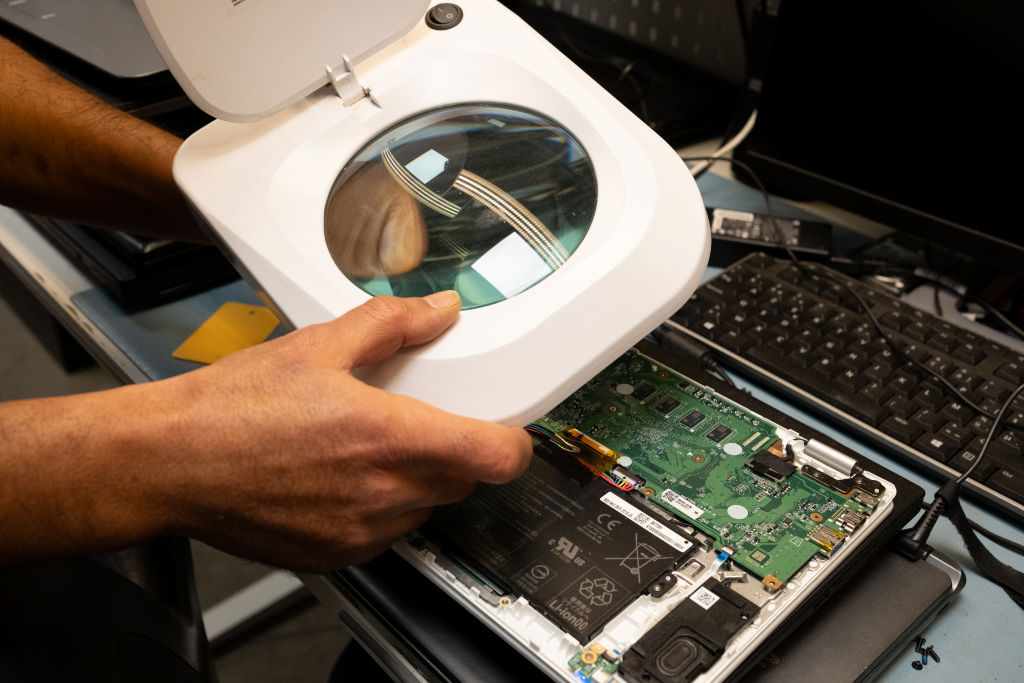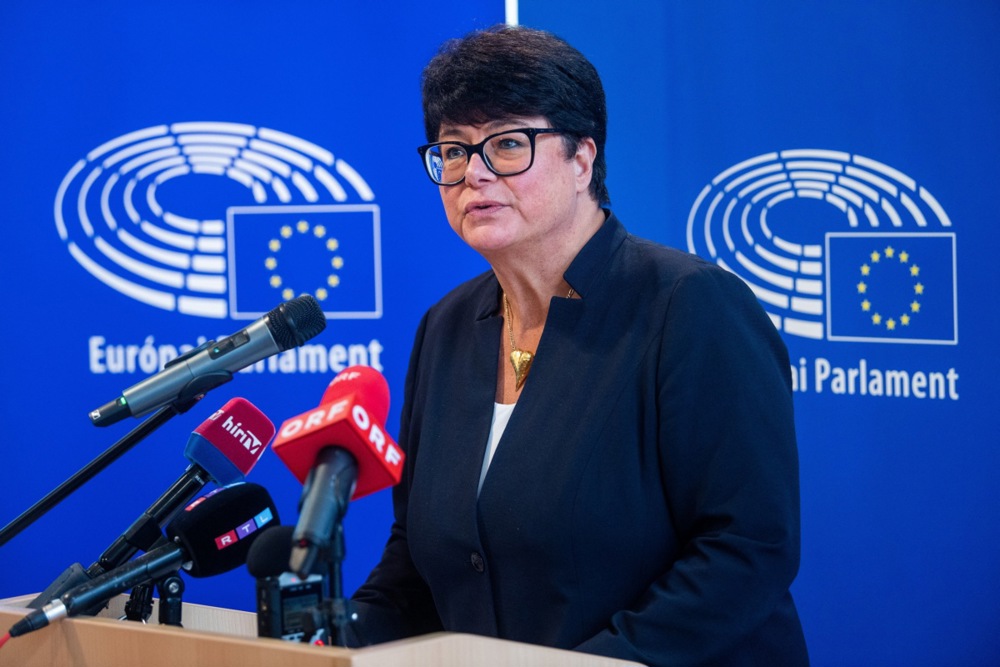Seemingly unhappy with just ruling Europe, MEPs have demanded that the European Union starts regulating “virtual worlds”, such as Facebook’s metaverse and Star Trek-style holodecks.
European parliamentarians sitting on the Committee of the Internal Market and Consumer Protection (IMCO) voted 31 to two in favour of an own-initiative report calling on such virtual spaces to be regulated by the EU for “safety reasons”.
According to a press release in the wake of the vote, the IMCO described such regulation as being needed in order to prevent things including “cyber illness” and “cyber violence”.
The MEPs refuse to outline any “specific legislative measures” to tackle problems related to metaverses or virtual worlds but, nevertheless, say the EU should regulate them anyway.
As part of doing so, politicians also want to see EU investment into domestic virtual-world production, suggesting that the bloc would find it difficult to regulate such worlds as almost all are being created outside the bloc.
“Currently, virtual worlds are developed by a few companies based outside the EU, which have the necessary resources and financial capabilities,” the Parliament’s press release says.
“MEPs emphasise that the EU should take a leading role in the development of virtual worlds that respect and promote EU values.”
The European Commission has told European Union Member States to “fast track” the bloc’s online censorship powers under the Digital Services Act. https://t.co/TH44KNai7J
— Brussels Signal (@brusselssignal) October 19, 2023
Speaking after the vote, report rapporteur Pablo Arias Echeverría said that the EU must “lay a foundation” for the regulation of virtual worlds, which he claimed will only increase in importance as time goes on.
“Europe cannot afford to lag behind in the next digital revolution, nor can we repeat past mistakes,” the European People’s Party politician said.
“Europe has to lead this transition, placing citizens at the heart of our digital future!”
Although the Spanish MEP seemed keen to see Europe start regulating the holodecks of the future, the EU has struggled to get its own virtual-reality parties going.
The bloc’s foreign-aid department had previously attempted to launch a metaverse of its own, late last year, spending €387,000 on a virtual party to show off the body’s work abroad.
Set in a custom-made virtual world, the so-called “Global Gateway Gala” was a huge flop, with almost no one attending the digital event.
The few who did bother to show up were treated to a poorly performing in-browser experience that saw users manoeuvre paper-clip creatures around a strange tropical landscape.
A digital rights NGO says the European Commission broke its own laws with a recent Twitter campaign. https://t.co/bdEmha6633
— Brussels Signal (@brusselssignal) November 16, 2023





